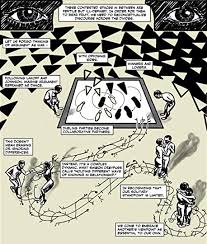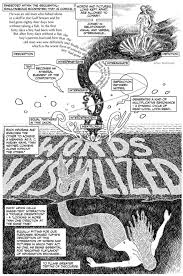(In past years I have written an essay about the books I read in the previous year. As my list of books gets longer and my memory shorter, I decided to write about the books as I read them rather than 2000+ words at the end of the year.)
In November I visited the Institute Curie near the Sorbonne in Paris. This book was on the shelf in the tiny bookstore inside the small museum. I read kids books in French to keep some level of reading comprehension. This graphic novel gave me a chance to practice French and to remember what I learned about the life of this remarkable scientist.
I learned a lot about Marie Sklodowska-Curie's life because more than half the book is about her childhood in Poland and struggles to get to France to study physics. When I read about her previously, it was about her research and life-saving work in World War One.
After I finished the book, I looked up how many people have won Nobel Prizes: 962 laureates earning a total of 603 prizes (as of 2020). Just 59 laureates are women and Marie Curie is the first.
Just four laureates have received two Nobel Prizes:
Linus Pauling won a chemistry prize and a peace prize.
John Bardeen won the Nobel twice in physics.
Frederick Sanger won two chemistry prizes.
Marie Sklodowska-Curie won the Nobel Prize in physics and in chemistry: the only person to be awarded to Nobel Prizes in two different fields. She is extraordinary, even among the short list of multiple Nobel laureates.
If you read French at all, the book is fun to read and not difficult.
The summary on Goodreads:
Cette biographie de Marie Curie (1867-1934) retrace les principales étapes de son existence : son enfance en Pologne, sa scolarité studieuse et ses études supérieures, son arrivée à Paris, sa rencontre avec Pierre Curie, ses recherches sur le radium et ses découvertes sur les rayons X, l'obtention de ses prix Nobel en 1903 et 1911 et son engagement pendant la Seconde Guerre mondiale.












